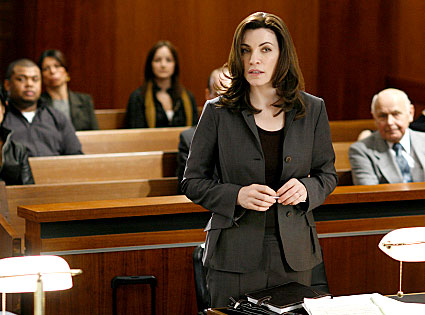
Informative article by reporter Tom Jacobs of the Pacific Standard claims that female attorneys arguing before the United States Supreme Court are treated differently than their male counterparts.
Jacobs reported that in a recently published study, University of Alabama scholars Dana Pattonand Joseph Smith analyzed the transcripts of 3,583 oral arguments presented to the court over more than three decades. They found “female lawyers are interrupted earlier and more often, allowed to speak for less time between interruptions, and subjected to more and longer speeches by the justices compared to male lawyers.”
Their study, published in the Journal of Law and Courts, provides evidence that deep-seated gender bias infects even a top-level government institution that is rigorously committed to equal treatment.
Jacobs reports that the researchers analyzed written transcripts of all Supreme Court oral arguments from 1979 through the end of the 2013 term. It found 10.9 percent of the attorneys making these (usually 30-minute) presentations were women—a figure that increased to 14.2 percent after the 2000 term.
“Men were allowed an average of 225 words before the first interruption (by a justice), compared to 192 words for women,” they report. “Male lawyers spoke an average of about 95 words between interruptions, compared to 83 words for female lawyers.”
“Justices’ interruptions are both longer and more frequent during presentations by female lawyers,” the researchers add. “Justices interrupted women an average of 51.3 times, compared to 49.2 times for men.”
“Could this be explained by the fact that female lawyers represent different kinds of clients?” asked Jacobs. To control for that possibility, Jacobs said that the researchers compared the experiences of men and women lawyers representing the U.S. Office of the Solicitor General.
They found that, compared to their male counterparts, women representing the solicitor general’s office “are allowed fewer words at the beginnings of and during their presentations, and they endure longer and more frequent interruptions.”
OK, but is it possible that women are more likely to represent underdogs—perhaps ones with weaker cases that are more prone to challenge? Perhaps, but the researchers found it doesn’t matter.
“Female lawyers do not enjoy the well-documented positive effect of being on the winning side of a case,” they write. “While male lawyers are treated substantially more deferentially when they represent the winning side of a case, female lawyers enjoy no such benefit.”
Jacobs reported, somewhat surprisingly, “the increasing number of female justices on the court does not seem to have mitigated the disparate treatment of female lawyers,” the researchers add. The only element that tempers this tendency is “when the legal dispute concerns a gender-related issue.” In such cases, they found female attorneys are not disadvantaged, presumably because issues of sex and bias are front and center in the justices’ minds.
Jacobs points out that the researchers argue that their findings have implications that go far beyond the Supreme Court. If women professionals are treated unfairly “in a place one would least likely to expect it,” they write, “men likely receive more deferential treatment from bosses and coworkers in all manner of workplaces compared to their female counterparts.”
My opinion? It’s a terrible injustice to the legal system if these findings are correct and no reasonable explanation exists otherwise. Perhaps the findings show a larger disturbing trend. According to U.S. Census Bureau data, in 2014 the median pay for full-time female lawyers was 77.4 percent of the pay earned by their male counterparts. Also, in all law-related jobs, median pay for female workers in 2014 was 51.6 percent of the pay received by male workers.
As Jacobs states toward the end of his article, “Perhaps professional women are at an inherent disadvantage, no matter if the authority figure they answer to is wearing an expensive suit, or a judicial robe.”
Please contact my office if you, a friend or family member are charged with a crime. Hiring an effective and competent defense attorney is the first and best step toward justice.






